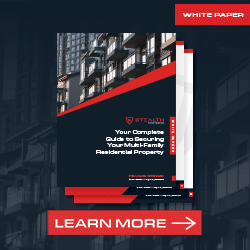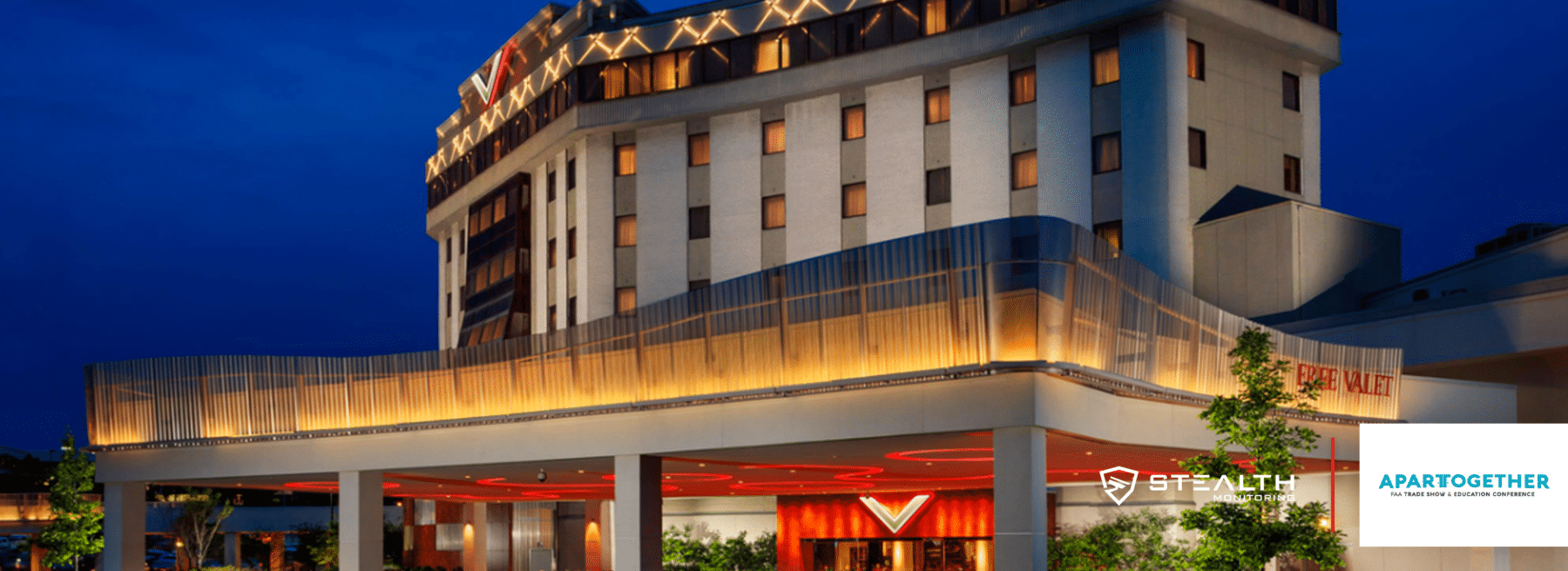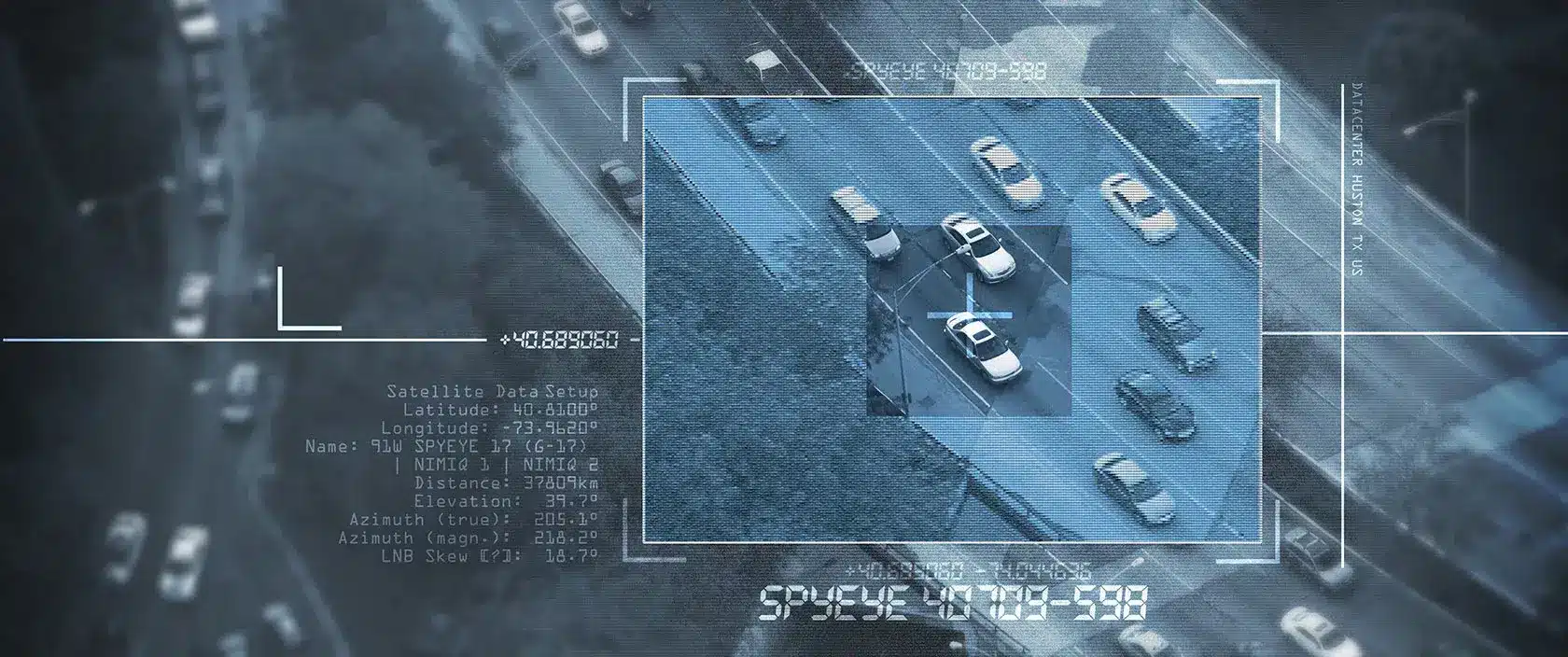A lot of things have been uncertain about this year, but one thing is for certain. That is these are unusual times. It’s been 100 years since the last pandemic. Aside from the centenarians, the world’s population has never experienced this.
Most apartment managers and property owners don’t have a playbook for the pandemic. What has not changed is that apartment managers have a responsibility to help keep their residents safe. This is especially the case as apartment buildings tend to have public areas. You want to avoid having too many people congregate in a space.
Some people may have lost their jobs or have been furloughed. Others have switched to remote working in their apartments. That means more people are in the building.
Here are six things you can do to support your residents in this unprecedented time.
1. Implement a Safety Plan for the Pandemic
Considering apartments consist of multiple residents, property managers need to create a plan to ensure everyone keeps a safe social distance from each other.
Does the apartment property have public spaces such as the laundry room, gym, and meeting rooms? How will you handle the cleaning and ensuring everyone’s safety including employees?
Do you need to close the gym? Can you limit it to a certain number of residents at a time and require they clean the station as soon as they finish using it?
It’d take a lot to close the laundry room. When you shut down a laundry room, it forces residents to leave the apartment property and seek a washateria elsewhere. What processes and procedures can you put in place to maintain safety in the laundry room? It might help to document these and post them on the door and around the room.
Do you have an online apartment community or website? This gives residents a place to get the latest news and talk to each other. An online community makes it possible for them to meet each other and share information. Property management can post the safety plan and processes online in the community for everyone to access.
What about the entrance? If tenants can enter their apartments from outside, then it’s not a problem. However, if they all must enter the building, then it’ll require procedural changes. One option is to create a contactless entry in which the doors automatically open. If you have a keypad, you can change the access control system to a contactless one.
2. Explore Options for Non-Payment of Rent
Unfortunately, with people getting laid off or furloughed in droves, some residents find they cannot afford rent. They depend on every single paycheck. A Realtor article references an American Apartment Owners Association (AAOA) survey of landlords. It reveals more than half reporting their residents can’t pay rent because of the effects of the pandemic.
Realtor also indicates some states have added emergency policies to help renters. These include late-fee waivers, eviction freezes, and payment grace periods. The article suggests the following actions for apartment managers:
- Open dialogue with the renter
- Negotiate a payment plan
- Contact mortgage lender for options
- Ask city about property tax payment options
- Research business resources such as SBA or PPP
- Do all you can to keep residents
Some cities may waive interest and penalties on late property taxes. They may also be willing to set up a payment plan or defer payment.
As for keeping residents, it’s a tricky one. However, some states have emergency bans on evictions to protect the renters who can’t pay. The article goes on to recommend avoiding evictions after the bans expire. That’s because the eviction hearing and the trial process can be more expensive than retaining a non-paying renter.
The economy is likely to continue hobbling along before it gets better for everyone. So, there’s no guarantee you’ll be able to find another resident to replace the ones who can’t pay. It costs money to bring in a new resident. When you evict a renter, you’ll need to do a cleanup, repaint the apartment, and maybe add new flooring.
One option is to negotiate a rent repayment plan. Whatever the renter agrees on, document this, and create a paper trail to protect both parties. Besides, it’s the right thing to do at a time where so many are struggling.
Visit the U.S. Small Business Administration (SBA) website for resources that may help your property management business. It has a Paycheck Protection Program (PPP) resources.
3. Post Employment Opportunities
Another advantage of having an online community for your renters is that they can share resources with each other. Some may work for companies that are hiring. Create a separate forum for job announcements. Encourage everyone to post legit job opportunities.
You can go the extra mile by researching local opportunities and resources. Share these with your residents through the online community, email list, or whatever route you take to communicate with them. Little things like this make them appreciate you more and make them more likely to pay their rent on time when they’re not struggling.
4. Share Food Resources
Use the online community, mailing list, or whatever means for communicating with residents to provide resources regarding food. For instance, more people will have food delivered rather than go pick it up.
What’s the process for contactless delivery? It depends on how your property is set up. For those with only one entrance, would the delivery service meet the resident in the lobby? The possibilities are endless. Inform residents of the process.
Some residents may be spending all their money on rent with little left for food. List resources for food banks in a public place. Add the hours, address, and website in the resources.
Do you have high-risk renters who cannot go to the grocery store or pick up food? Just like with the resources for food banks, let residents know to contact you if they need help or want to volunteer to help.
5. Create Virtual Meetups
Since officials require people to stay home as much as possible, it’s affecting many people’s mental health. Some are lonely and need human interaction. Set up monthly virtual meetups where everyone can connect in Zoom or Google Meet. You can play games or ask questions that everyone answers. It’s a great way for your residents to learn about their neighbors.
You could create a bingo game and email everyone their bingo cards or use a free service like Bingo Baker. You can find other websites that allow people to play games virtually. Ask your residents for virtual meetup ideas. When you implement the ideas, be sure to give them credit.
6. Review Your Security Program
Security has become a higher priority with more people staying home. Here’s why: According to the National Crime Prevention Council (NCPC), apartments and condos have an 85 percent greater chance of being burglarized than single-family homes.
This affects all apartment properties regardless of the neighborhood they are in. Criminals will go wherever they find an opportunity. They like apartment buildings because they’re more public than private residences.
Apartment residents don’t know everyone who lives in their building. Therefore, they won’t notice someone who may not live there who has criminal intentions. The resident may let their guard down thinking being part of multi-family housing will protect them.
Protect your renters and your property by doing a review of your security setup. Some things may need revisiting to implement contactless security. The aforementioned access control system is one example. You can switch to a contactless one.
Remote video surveillance is an option that maximizes your security for the greatest ROI. With remote video monitoring, you’d have video cameras placed in strategic locations around your apartment building and property. These cameras can record everything. Being strategic about placement ensures you have eyes on the greatest amount of property while capturing all activity.
This proactive and contactless security solution has been successful at deterring crime. The right video surveillance system uses a combination of artificial and human intelligence to catch suspicious activities before they happen or as soon as they happen. The way it works is that video analytics software has been programmed to monitor for specific scenarios. When any of them occur, it alerts a monitoring operator who then takes action.
How is a monitoring operator better than an on-site security guard? Guards can’t see everything at once. They can only observe what’s around them. In addition, security guards don’t provide a good return on security investment (ROSI) as they cost up to 60 percent more than remote video monitoring.
Something a lot of apartment managers don’t know is that security guards can be a liability risk while video surveillance can lower
liability. Guards have caused problems that cost the business more than their salaries.
Want to learn more about securing your apartment property? Here’s your free Complete Guide to Securing Your Apartment Building. This guide reviews your options for securing your apartment building to protect your residents and employees. It also identifies four lines of defense to boost apartment security. More importantly, you’ll know how to select the right security system for your budget. Want to learn more? Contact us.





